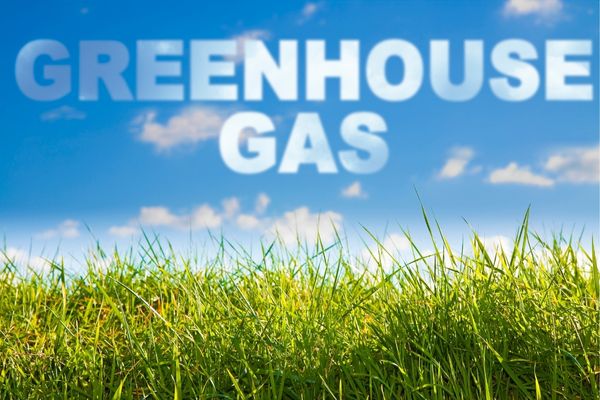
Deadline: 10-Apr-23
The Water Research Foundation (WRF) is accepting proposals for Establishing Industry‐Wide Guidance for Water Utility Life Cycle Greenhouse Gas Emission Inventories Project.
This project is funded by The Water Research Foundation (WRF) as part of WRF’s Research Priority Program.
Scope
For the utility-facing guidance document, at a minimum, the following emission sources must be included (based on the best available information at the time of this study):
- Scope 1: Fossil fuel combustion, digester gas combustion, incineration/thermal processes, process and fugitive N2O (including multiple biological nutrient removal process variations), onsite fugitive methane, collection system methane, fleet vehicles
- Scope 2: Electricity consumption
- Scope 3: Chemicals, construction emissions, embodied carbon, biosolids management, as well as upstream emissions from electricity, natural gas, and fleet vehicles.
Project Objectives
Develop a utility‐facing guidance document and a supporting spreadsheet tool that captures current best practices worldwide for developing a utility greenhouse gas (GHG) inventory over the life cycle of capital and operational emissions (with a specific focus on operational emissions).
Research Approach
- The research team will conduct a comprehensive literature review including WRF’s research efforts to date. In addition, the team will evaluate the state-of-the-practice in developing a utility GHG inventory over the life cycle (including capital and operational emissions) at a global scale. Based on all available published literature, including published WRF reports, the research team will review utilities in North America, Europe, the UK, Asia, Australia, and elsewhere, by assessing the carbon footprint of their water and wastewater operations and reporting on which emissions sources were included, which methodologies were used, and the relative contribution of different emissions.
- The research team will conduct an online survey (focusing on the perspective of utilities and municipalities) and interview selected utilities virtually, aiming to build off of available work and synthesize the latest real-world GHG inventory practices of utilities and municipalities across diverse geographic regions. In addition, the research team will connect national organizations (i.e., Water Environment Federation, American Water Works Association, and US Water Alliance) and their respective technical committees and networks to advance the exchange of information regarding the current practices of life cycle GHG emission estimates.
Funding Information
- Applicants may request up to $150,000 in WRF funds for this project.
- The anticipated period of performance for this project is 18 to 21 months from the contract’s start date.
Expected Deliverables
- A stand-alone literature review synthesis document, including annotations of the list of publications and resources used.
- A utility‐facing practical guidance document (covering Scopes 1, 2, and 3) with case studies, which can be used as a standardized document across geographic regions and different utility sizes. In addition, this document will include a chapter and a supporting technical appendix that summarizes the knowledge gaps, research needs, and preliminary project concepts for recommended research projects.
- An open access spreadsheet tool that can be further customized by an individual utility as needed. (Should the knowledge surrounding this topic evolve quickly, revisions to this user‐friendly spreadsheet may be necessary during the project period).
- One invitation-only virtual workshop along with workshop planning and all supporting materials (i.e., agenda, presentations, meeting notes, and workshop summary).
- Other applicable outreach efforts such as conference presentations and one open access peerreviewed journal paper submission.
Eligibility Criteria
Proposals will be accepted from domestic or international entities, including educational institutions, research organizations, governmental agencies, and consultants or other for-profit entities.
For more information, visit Water Research Foundation.